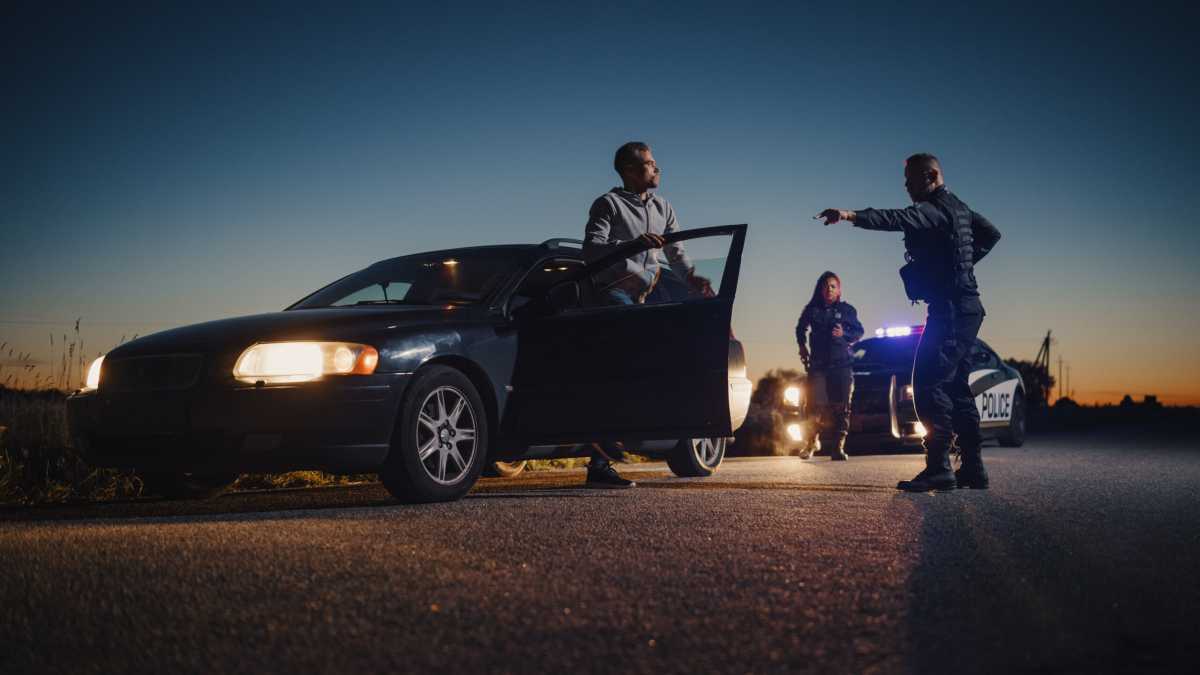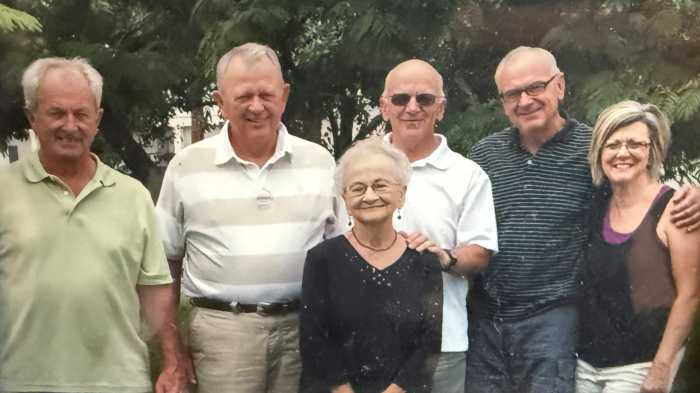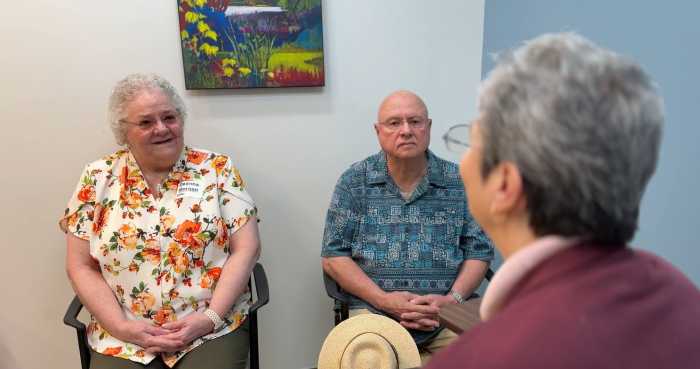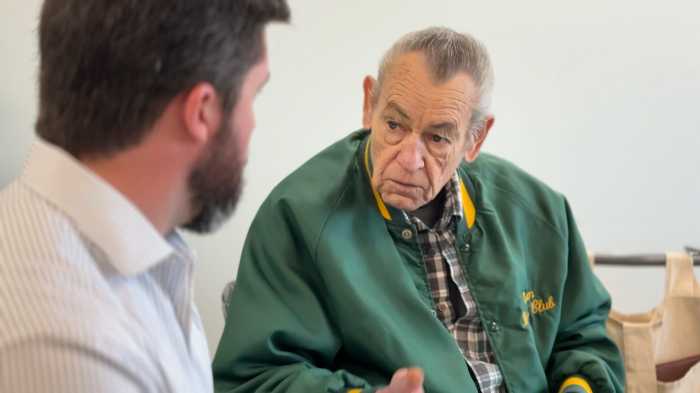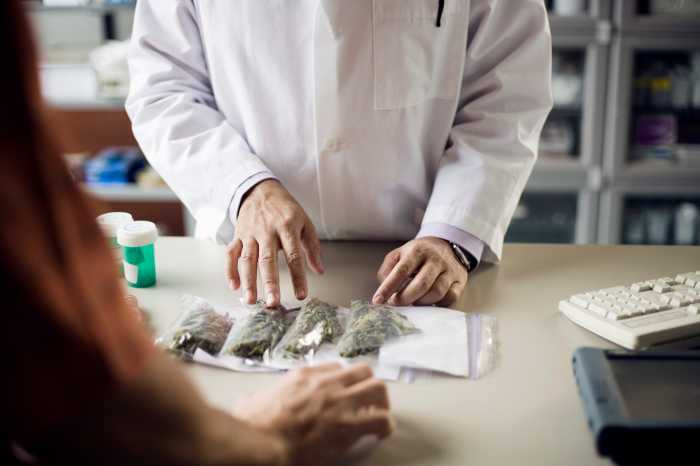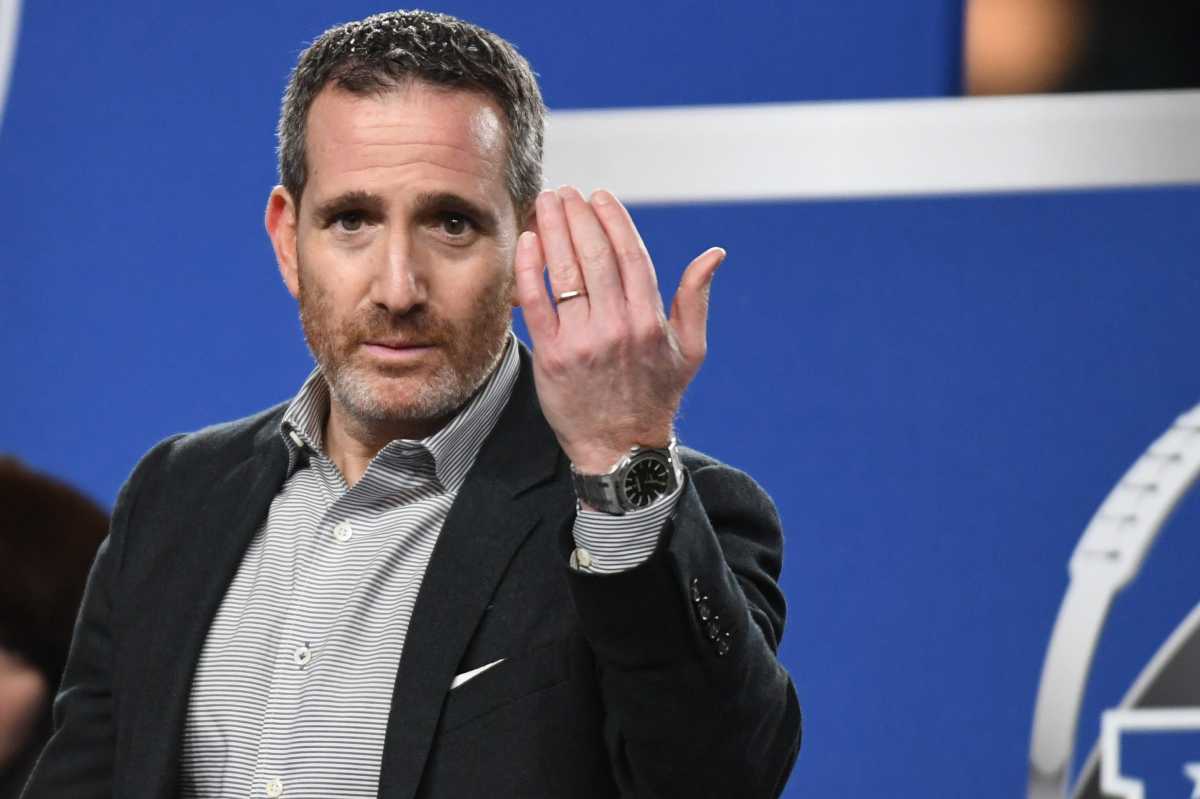Livengrin Foundation has been renowned for its decades of dedication to personalized, private treatment for addiction, detoxification and healing, specifically with its Driving Under the Influence (DUI) Education and Treatment Services program.
No one wants the stain of a DUI — not on their driving record, and not on their conscience. Per Livengrin’s on-site estimation, a driver may have made the mistake of driving under the influence of alcohol and drugs “2 times, 20 times, or even 200 times” before becoming involved with the legal system and a DUI program. But when that same driver is ready, they can trust in Livengrin’s DUI evaluations, education, and comprehensive treatment programs for individuals following a DUI arrest – especially as, for nearly 40 years, Livengrin has been trusted by the tri-state area’s judicial system to conduct such worthy programs.
“The most prominent signs that someone has a problem, of course comes with testing positive for being under the influence in the urine drug screen, or they have multiple offenses, and-or a past history of substance abuse and coping skills — there are many different variables for each individual when considering care and treatment, including drug tests,” said Helen Weigand, the Director of DUI Services at the Livengrin Foundation since 1989. “All of that determines what level of treatment that we will and can provide.”
Talking about having “collateral” of a drug screen or alcohol level test in which to better confront issues with each client, Weigand reminds Metro that DUIs are a preventable crime, if the client makes the right choices and plans ahead.
“This might sound like a simple thing, but having Uber and Lyft app on your phone is a great way to prevent drinking and driving. DUI is a senseless crime that can be avoided.”
If such senselessness isn’t avoided, Livengrin can help.
Though there continues to be elements of shame that come with drug addiction, drinking and DUIs, Weigand believes that through Livengrin’s educational class system and its active interventions that any further problems can be avoided, with a client on the right road to rehab and recovery.
“I think of what we do educationally as ‘planting seeds.’ They may not take root today, but the seed will grow eventually. If we at Livengrin can make a good impression, they’ll come back and do what they need to do…. Not everybody gets it, however, and it is all about timing as to when clients realize they have a problem. We give them the education and the tools, and hopefully the seeds take root in time, before it gets too bad.”
Discussing Livengrin’s DUI programs, Weigand brings up the topic of group and individual sessions in inpatient and outpatient settings, and how – often during these sessions – clients find out that, perhaps they do need to detox, and that they cannot take care of their addictive propensity alone.
“We may find out during the assessment process that they cannot stop drinking or doing drugs on their own,” she said. “We provide options of becoming medically monitored and go through detox. We want to keep people in a protective environment so to gather all the relevant information. We can also involve their family in their treatment so that when the client is ready to leave, they can out a relaxed prevention program together with us – and continue the continuum of care, at home, and within the community with 12 step programs and such.”
As for Livengrin’s DUI Alcohol Highway Safety program and its eight-week course, Weigand explains how conversation and intimacy among its small groups can help break through denial that so often keeps those who drive under the influence from a positive, happy lifestyle.
“After we locate the problems in these sessions, we can really move forward and get each individual the treatment they need,” she said. “I learn from our clients what trends to be aware of – fentanyl, meth and prescription medication – and how to perhaps best address those issues.
“Marijuana is a big issue. People believe that because they have a medical marijuana card, they have a license to smoke heavily. We try to show them that marijuana can exacerbate anxiety and depression, and that there is still a level of impairment and how people must be aware of that while driving or operating heavy machinery…. With marijuana and the harder drugs, in terms of treatment, we’re still going to use motivational treatment, cognitive behavioral therapy to look at their faulty thinking patterns and help them with healthier coping skills, to get to the underlying issues that each client is dealing with.”



